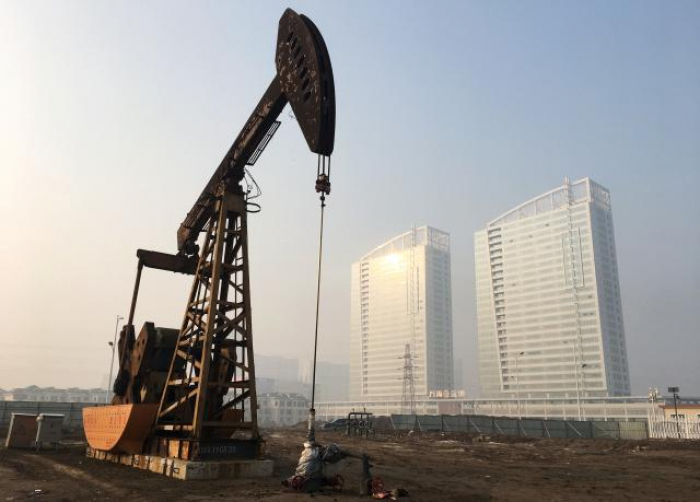“It’s realistic that the decision might have to be extended,” Parviz Shahbazov said in an interview. The deal struck in December, which saw OPEC and its partners agree to remove 1.2 million barrels a day through the first half of 2019, has helped lift crude prices 15 percent this year.
An extension of the agreement at the Organization of Petroleum Exporting Countries’ ministerial summit in April would probably be for another six months, before a further review, Shahbazov said in Baku. The Azeri city will host an earlier meeting in March, at which producers will assess the market.
Azerbaijan, an OPEC partner, agreed to reduce output by 20,000 barrels a day in the first half and may open the taps in the second if the deal isn’t extended, maintaining annual production, Shahbazov said. Output is projected to grow by as much as 30,000 barrels a day by 2021, according to the minister.
Benchmark Brent crude is trading around $62 a barrel in London, having sunk close to $50 in late December.
For now, prices are “comfortable,” Shahbazov said. “If the price settles in the $60 to $70 corridor, it will be very positive for our economy, for our plans,” and is “the best price for producers and consumers.”
Azerbaijan is the largest oil producer in the former Soviet Union after Russia and Kazakhstan. It sees no need to become a member of OPEC, according to Shahbazov, who said the country had taken “an active part in the process” of reaching the oil-cuts deal.
More about: Azerbaijan Oil
















































